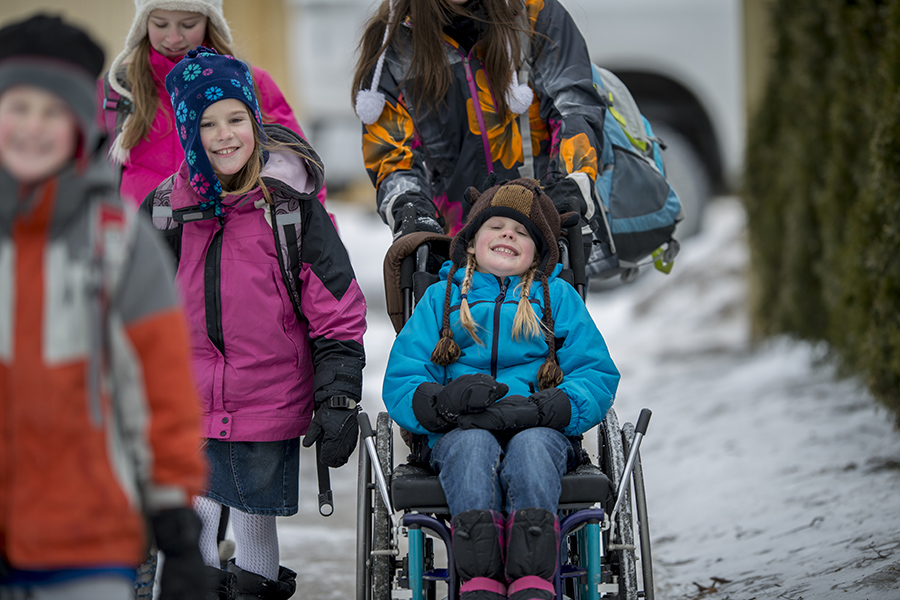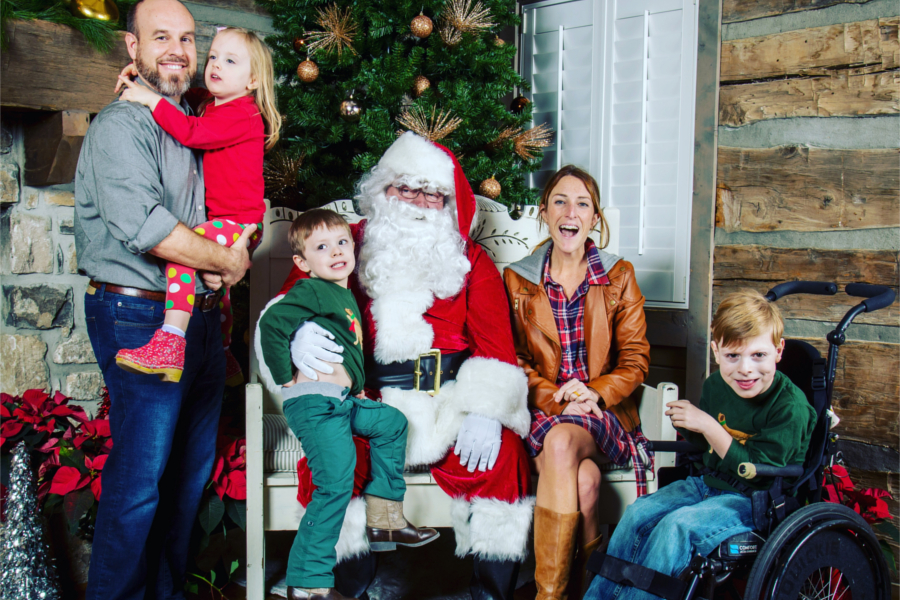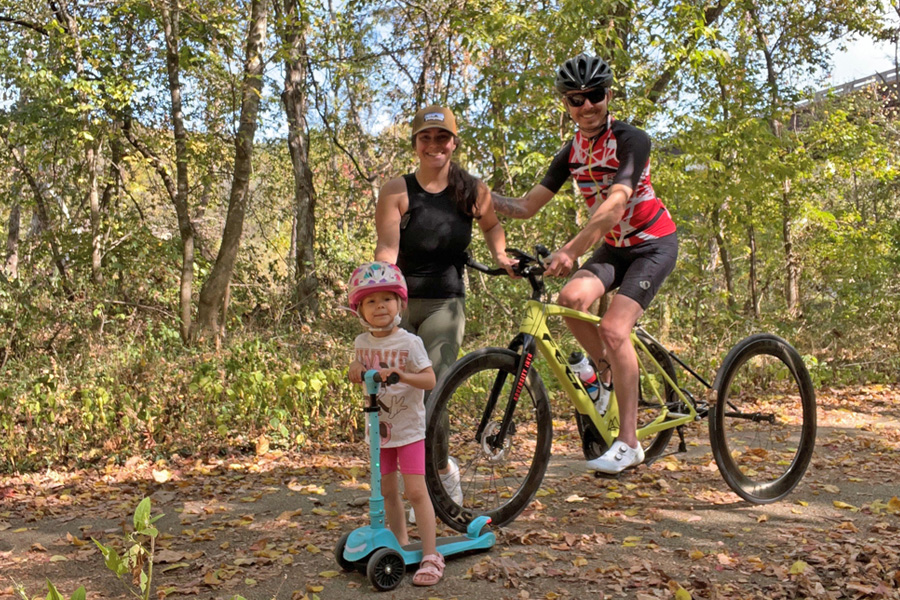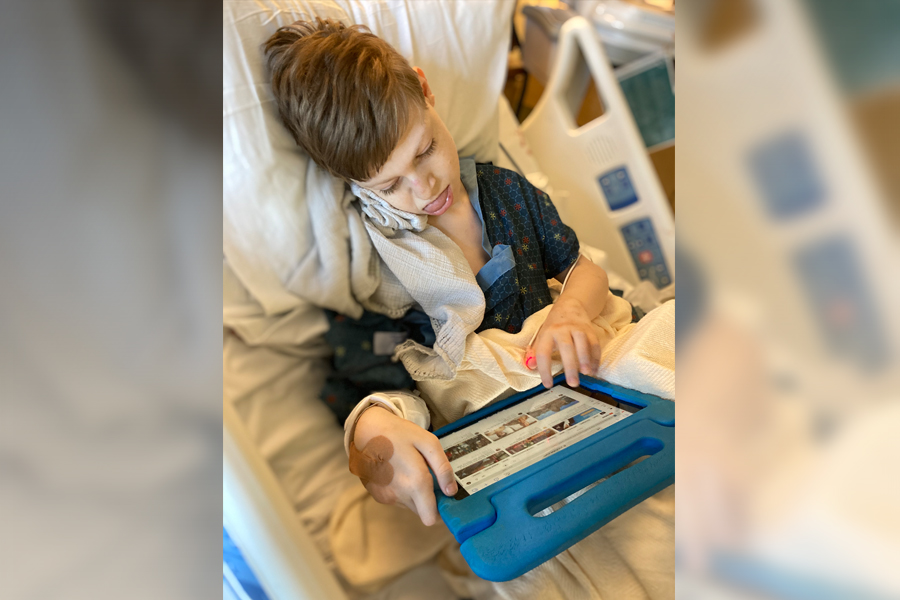Southwest recently announced that they are ending their fifty-year tradition of the open seating policy. As someone who usually does not like change, I am all for this one. Because can we be honest? It hasn’t been open seating for a long time. Open seating, by definition, means that A, B, and C groups are assigned at random depending on when you check in. But for the past several years, patrons have had the option to buy “Early Bird” seating and skip to the front. Also, veterans, families with young kids and disabled flyers all board early. You would think I would cling to this option because my son Charlie uses a wheelchair. I want that preferred seating whenever and wherever we can get it. But with Southwest there’s catch: it’s the wild west when it comes to qualifying for early boarding. People will do and say anything to get on that plane a few seconds ahead.
In a recent flight home to Nashville from San Diego, I watched a group of thirty men, women and children wearing shirts for service trip of some kind board the plane in between the A and B groups. The man standing behind me in our B 45-50 section immediately began to mutter curses, claiming there would be no seats left and threatening to confront the ticket taker. His cologne was just as overpowering as his sentiments as he tried to get the rest of the B section riled up like this was a football game. I was too tired and it was too early in the morning to care. But he cared and he broke line to confront the ticket taker who patiently explained that the group had put in a special request to board together and agreed to sit at the back of the plane. It was a lot of unnecessary aggression in the already stressful environment of air travel. All to get a few seats ahead.
I try to stay fairly calm in the Southwest line despite what I’ve witnessed. I’ve seen families with children well over the age of “young children” scurry on ahead of the herd. I’ve seen early boarders save seats for late boarders. It doesn’t faze me. But what does bother me are the rampant wheelchair scams, because when you need one you need one. You treasure that extra time and extra space to get on and get settled. Watching someone fake it is both disrespectful and dishonoring to wheelchair users. The problem is that you do not need to provide medical documentation to prove you require a chair. All you have to do is request one. That’s it. Right before the big announcement of assigned seats by Southwest in July, a recent article explained the problems with the open seating program and how it could be solved: “One simple change Southwest Airlines is working on – and plans to announce later this year – would change their boarding process, and in so doing service to end the phenomenon of passengers faking disabilities to board early, end the practice of seat saving, and make it easier to identify unruly passengers on board.”
I fight hard enough for Charlie to have equal rights to the rest of the able-bodied world. I should not have to fight those trying to cheat the system and in doing so, cheat him because he does actually need to board early. I will happily buy us assigned seats if it means he gets on when he needs to and we do not have to battle with others over those precious spaces. We will see how the new system unfolds and if it will raise Southwest rates too high to be worth it, but for the foreseeable future, let us hope it will make the travel experience more equitable for all.

Jamie Sumner is a special needs mom and author.
Jamie-Sumner.com
Author of the middle-grade novels:

















